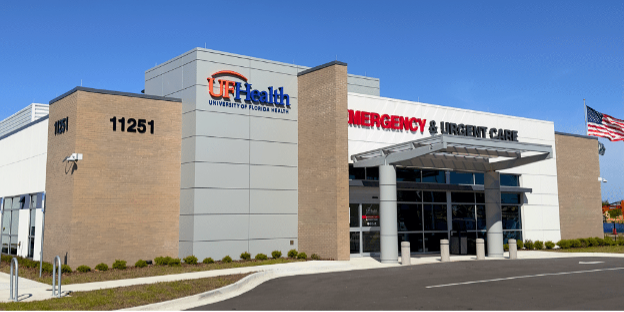What Are Compound Fractures?
- Category: General
- Posted On:

Bone injuries range from minor to compound fractures. Compound fractures, also known as open fractures, are when a broken bone can be seen through an open wound. Treating compound fractures depends on how the injury occurred.
How Compound Fractures Happen
A compound fracture is usually extremely painful. The patient deals with an open wound alongside a broken bone or bones. A compound fracture is a severe injury caused by trauma. Some examples of accidents that may lead to a compound fracture include:
- Car accidents and crashes
- Falling from a ladder, a tree or from another significant height
- Getting struck during a contact sport, such as football
Aside from an outside physical force, you can develop compound fractures through other means. People with osteoporosis have weaker bones that may break easily. Another potential cause is overuse of the same muscle and bones from repetitive movement.
Symptoms of Compound Fractures
An injured person can experience one or several symptoms of compound fractures. The primary one is that they have a broken bone that goes through the skin or is visible. The bone is visible from the outside.
Other associated symptoms of compound fractures include:
- Bleeding due to the wound
- Nerve damage (may either increase or reduce the pain)
- Swelling or bruising to the affected area
- Tender to the touch
- Very high level of pain
Treating compound fractures includes addressing the various symptoms. The most important thing for emergency aid is to take steps to prevent the injury from getting worse, followed by allowing the bone to set properly.
Diagnosing Compound Fractures
A compound or open fracture is evident compared to other types of bone injury. Health care providers may try to get a more comprehensive understanding of the injury by administering an X-ray and physical examination. A CT scan or MRI will provide a clearer view of the damage.
Providers may check for potential complications by examining beyond the area of the injury. That includes the color of the skin, bleeding and nerve damage. These are done to ensure there are no infections or contamination.
Treating Compound Fractures
First aid is crucial in treating compound fractures. Treatment received right after an injury can affect the overall healing process.
It is best not to move the injured area unless it is prone to further harm. Use ice to prevent swelling and reduce pain.
Once in the emergency room or hospital, a doctor will reposition the broken bones back into place. The human body will repair itself, so the objective here is to ensure it heals correctly. Rods, plates, screws and pins keep the bones in place and immobilized with a cast.
Complications of Compound Fractures
There are several complications in treating compound fractures. The most common is skin damage due to the piercing of bone at the injury site. Nerve damage around the wound is another concerning complication.
Serious complications doctors look for are shock, infections, pulmonary embolism, and compartment syndrome, a serious and painful condition affecting blood flow and tissues.
Visit UF Health Emergency & Urgent Care Center for Compound Fracture Care
Suffering from compound fractures is very painful and immobilizes part of your body. You could lose the use of your arm or leg while you heal. If your injury does not heal properly, the damage could become permanent.

In the past, the decision on whether to go to an emergency room or an urgent care for your illnesses and injuries was up to you. Now, let us be the expert to diagnose and treat you anytime you need us, all at one location.
At UF Health Emergency & Urgent Care Centers, our primary goal is to provide the residents of Northeast Florida with exceptional service and the proper billing for the care they need. Our combined emergency room and urgent care is fully equipped to handle everything from allergies to chest pain with on-site labs, X-ray, ultrasound and CT, all under one roof.
The ER and urgent care centers are open 24 hours a day, 7 days a week. No appointment is necessary — just walk in!
Find the UF Health Emergency & Urgent Care Center in Jacksonville nearest you at www.euc.ufhealthjax.org/locations.
